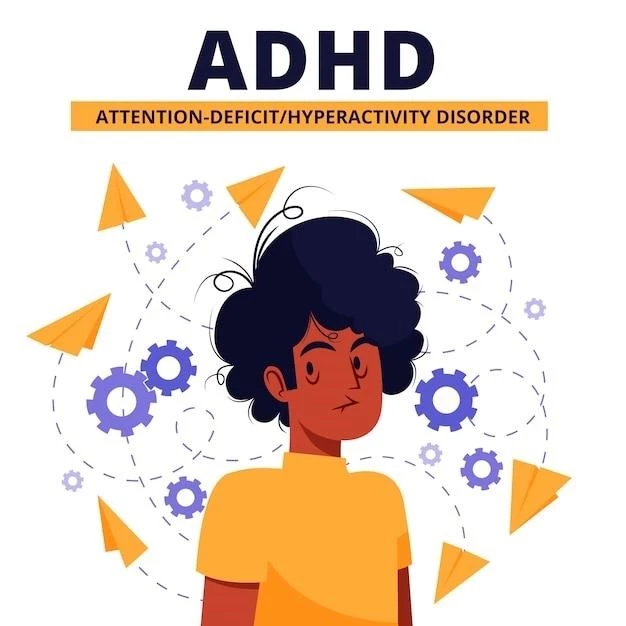Understanding Apiphobia⁚ Signs and Symptoms
Understanding Apiphobia involves recognizing signs and symptoms to help overcome fear of bees and wasps.
Recognizing Apiphobia
To recognize apiphobia‚ watch out for intense fear‚ panic‚ or anxiety when seeing bees or wasps. Symptoms may include sweating‚ trembling‚ rapid heartbeat‚ and avoidance of outdoor activities. If you experience these signs‚ it’s essential to seek help to manage your fear.
Overcoming Fear of Bees and Wasps
Conquer your fear through gradual exposure therapy and relaxation techniques to manage anxiety effectively.
Gradual Exposure Therapy
Gradual exposure therapy involves facing your fear in a controlled manner. Start with less intimidating bee or wasp-related situations and gradually work your way up. This technique helps desensitize you‚ reducing anxiety over time. Remember‚ progress may be slow‚ but every step counts towards overcoming your fear.
Relaxation Techniques
Practice calming strategies like deep breathing‚ meditation‚ and visualization to alleviate anxiety associated with apiphobia. These techniques can help you stay grounded and focused during bee or wasp encounters. Incorporating relaxation practices into your daily routine can contribute to managing your fear effectively.
Cognitive Behavioral Therapy for Apiphobia
Learn to identify negative thought patterns and engage in behavioral exercises to combat apiphobia effectively.
Identifying Negative Thought Patterns
Recognize and challenge irrational beliefs surrounding bees and wasps. Replace negative thoughts with realistic ones to reframe your perspective and reduce fear. Cognitive restructuring is crucial in overcoming apiphobia through cognitive behavioral therapy.
Behavioral Exercises
Engage in exposure and response prevention activities to confront your fear of bees and wasps. Gradually facing triggering situations while practicing coping strategies can help desensitize you and build confidence. Behavioral exercises are key components of cognitive behavioral therapy for overcoming apiphobia.
Famous Cases of Apiphobia in History
Explore stories of notable figures like Queen Elizabeth I of England and Mozart who have struggled with apiphobia.
Queen Elizabeth I of England
Queen Elizabeth I of England was known to have apiphobia‚ displaying fear and anxiety around bees. Her fear influenced various aspects of her courtly life‚ showcasing how even influential historical figures can struggle with specific phobias.
Mozart
Despite his musical genius‚ Mozart also struggled with apiphobia‚ fearing bees. This phobia sometimes hindered his outdoor activities and influenced his daily life. Knowing that even exceptional talents can experience such fears can provide solace to those grappling with apiphobia.
All About Bee Sting Allergies
Understand symptoms and treatments for bee sting allergies to stay informed and safe around bees and wasps.
Symptoms of Bee Sting Allergies
Be aware of bee sting allergy symptoms like swelling‚ hives‚ difficulty breathing‚ and dizziness. Seek medical help immediately if severe reactions occur to prevent potential life-threatening situations.
Treatment for Bee Sting Allergies
Effective treatments for bee sting allergies include carrying an epinephrine auto-injector‚ seeking medical attention promptly‚ and undergoing allergy testing. Adhering to these precautions can help manage bee sting reactions and prevent potential complications.

Tips for Coping with Apiphobia
Learn effective strategies to manage fear of bees and wasps‚ including educating yourself and seeking support.
Educate Yourself
Expand your knowledge about bees‚ wasps‚ and apiphobia to understand the fear better. Learning about bee behavior‚ benefits‚ and safety measures can empower you to confront your phobia and reduce anxiety. Educating yourself is a crucial step towards overcoming apiphobia.
Seek Support
Don’t face apiphobia alone. Reach out to friends‚ family‚ or a therapist for emotional support and guidance. Joining support groups or online forums can connect you with others experiencing similar fears‚ providing a sense of community and understanding. Seeking support is a vital step in managing and overcoming apiphobia.
The Importance of Bees in Our Ecosystem
Recognize the crucial role bees play in pollination and honey production to support biodiversity and food sources.
Pollination
Appreciate the vital role bees play in pollinating flowers‚ fruits‚ and crops. Their pollination efforts are essential for plant reproduction‚ ecosystem stability‚ and food production. Supporting bee populations is crucial to maintaining a healthy and balanced ecosystem.
Honey Production
Highlight the significance of bees in honey production‚ a process that not only yields delicious honey but also provides valuable economic benefits. Bees’ honey-making capabilities contribute to various industries and showcase the importance of bees in our ecosystem.
Apiphobia Treatment Options
Discover effective apiphobia treatment options such as medication and alternative therapies for managing bee and wasp fears.
Medication
Explore the option of medications like anti-anxiety drugs or beta-blockers to help alleviate symptoms of apiphobia. Consult a healthcare professional to discuss the benefits and potential side effects of medication as part of your treatment plan.
Alternative Therapies
Consider alternative therapies like relaxation techniques‚ acupuncture‚ or hypnotherapy to complement traditional treatments for apiphobia. These holistic approaches can help in managing anxiety and phobias effectively. Discuss with a healthcare provider to explore the best options for your specific needs.
